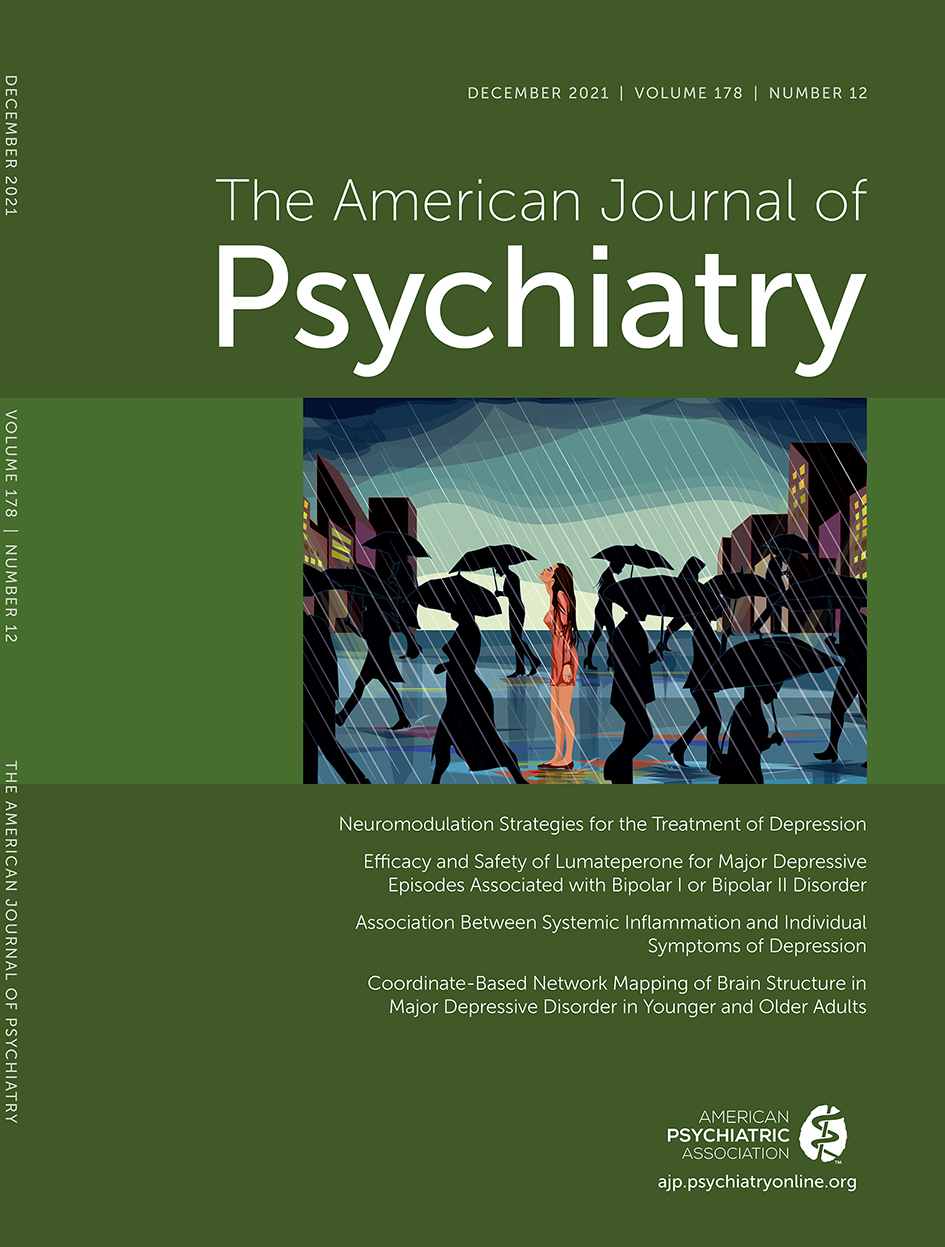Association Between Systemic Inflammation and Individual Symptoms of Depression: A Pooled Analysis of 15 Population-Based Cohort Studies
Abstract
Objective:
Evidence from anti-inflammatory drug trials for the treatment of depression has been inconsistent. This may be ascribed to the differing symptom-specific effects of inflammation. Accordingly, the authors explored the associations between systemic inflammation and an array of individual symptoms of depression across multiple studies.
Methods:
This random-effects pooled analysis included 15 population-based cohorts and 56,351 individuals age 18 years and older. Serum or plasma concentrations of C-reactive protein (CRP) and interleukin-6 (IL-6) were measured at baseline. Using validated self-report measures, 24 depressive symptoms were ascertained in 15 cross-sectional studies, and, in seven cohorts, were also assessed at follow-up (mean follow-up period, 3.2 years).
Results:
The prevalence of depressive symptoms ranged from 1.1% (suicidal ideation) to 21.5% (sleep problems). In cross-sectional analyses, higher concentrations of CRP were robustly associated with an increased risk of experiencing four physical symptoms (changes in appetite, felt everything was an effort, loss of energy, sleep problems) and one cognitive symptom (little interest in doing things). These associations remained after adjustment for sociodemographic variables, behavioral factors, and chronic conditions; in sex- and age-stratified analyses; in longitudinal analyses; when using IL-6 as the inflammatory marker of interest; in depressed individuals; and after excluding chronically ill individuals. For four exclusively emotional symptoms (bothered by things, hopelessness about the future, felt fearful, life had been a failure), the overall evidence was strongly against an association with inflammation.
Conclusions:
These findings suggest symptom-specific rather than generalized effects of systemic inflammation on depression. Future trials exploring anti-inflammatory treatment regimens for depression may benefit from targeting individuals presenting with symptom profiles characterized by distinct inflammation-related physical and cognitive symptoms.



